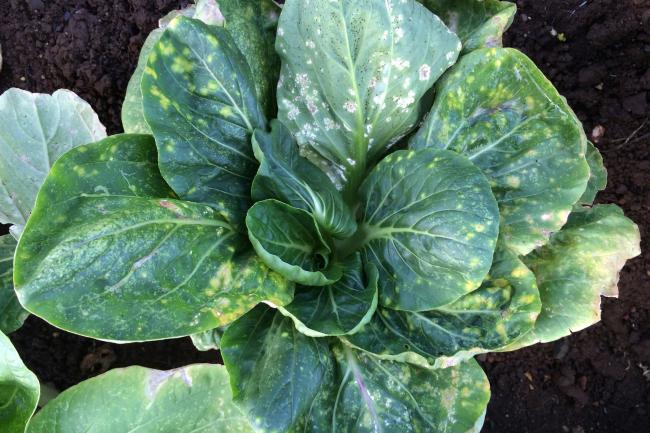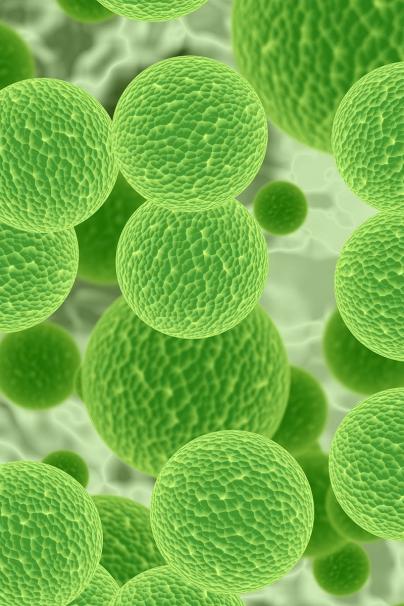
Biography
I joined Patron group at Earlham Institute in mid-April 2018; working towards sustainable bioproduction of insect pheromones in plants.
Plants are ingenious autonomous machines that are vital for our existence. With the advancements in genomics not only we can elucidate their regulatory mechanisms but can tune them to function as bio-factories. In my current project, I apply synthetic biology to rewire the genetic architecture of plants to produce insect pheromone molecules. Our aim is to turn these plant pheromone factories as a sustainable platform for biomolecule production and reduce the chemical footprint on our planet.
Prior to this, I worked on ‘stress induced nitrate allocation in plants’ with Prof Dale Sanders and Prof Tony Miller at JIC. During my PhD, I worked on colourful plant secondary metabolites ‘anthocyanins’ with Prof Cathie Martin at JIC. I contributed to an understanding of anthocyanic vacuolar inclusion formation in plants. I engineered novel anthocyanins in tobacco that can be commercially used as standards and natural food colourants. I also developed a pipeline for high anthocyanin production derived from tobacco callus cultures.
I am interested in understanding the regulatory mechanisms and pathways of unknown secondary metabolites and their application via synthetic biology.
Publications
Related reading.

Genetic integrity needed for Biodiversity Net Gain to flower
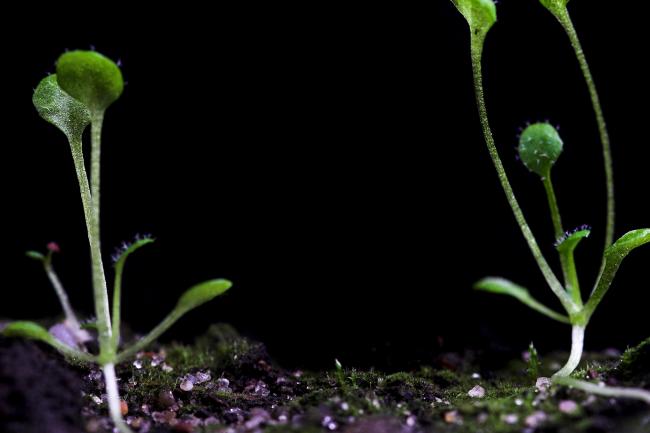
Light-up plants and tunable roots signal new solutions for climate crisis

How the latest platforms are scaling-up our impact in aquaculture

The fish, the fungus, the grass, the bee - and the brassica

COPO: providing context through metadata

Standout innovation contributes to knowledge exchange
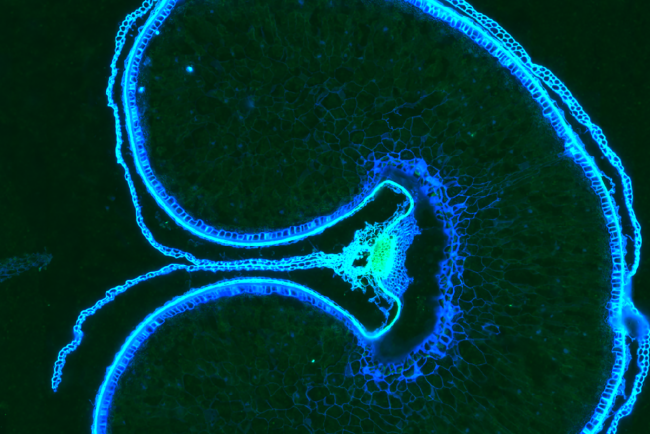
Applying spatial transcriptomics in plants
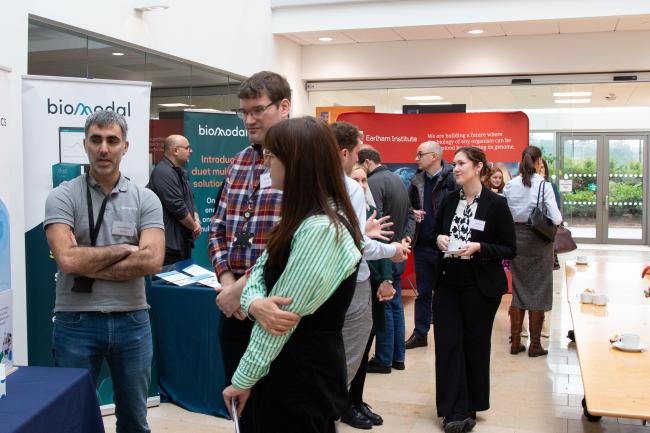
Collaborating for our future

New genome assembly finds yeast variant is distinct species

Science and Technology Secretary announces Engineering Biology investment

Identifying criminals from a single cell
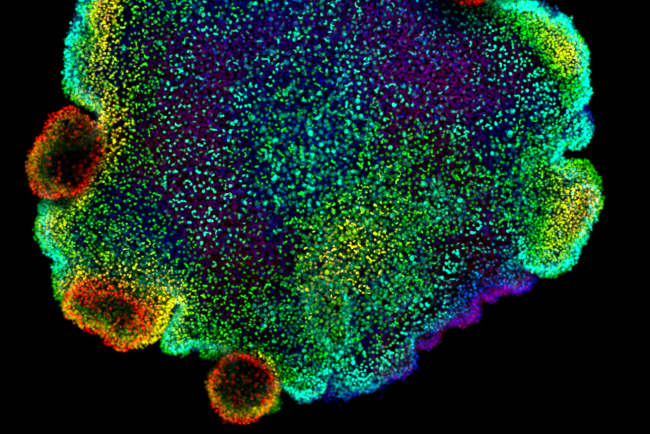
£3m funding for project to chart cellular diversity on Earth
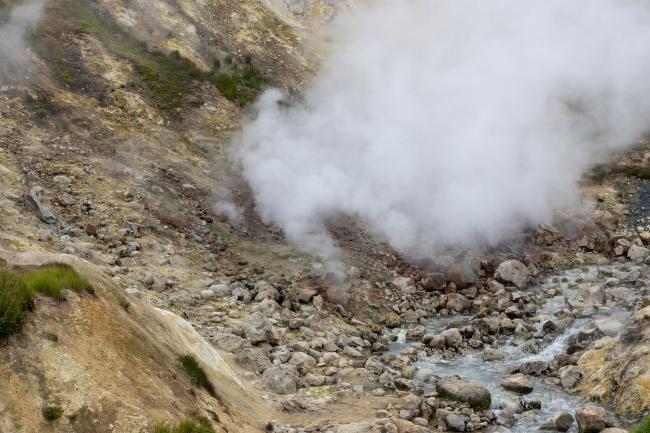
Mysterious microbiomes to get makeover under transformational £5.4M grant
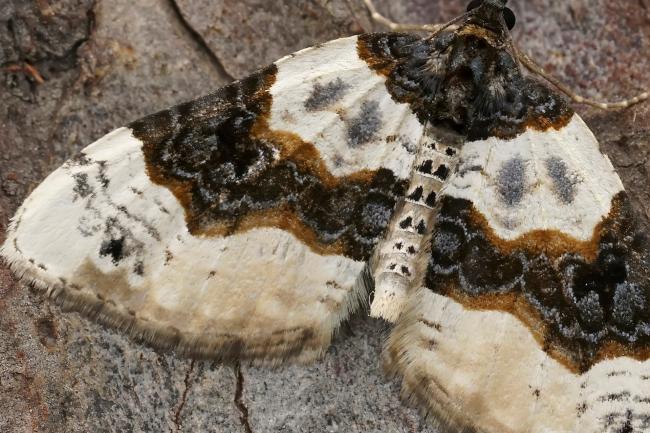
Purple Bar moth is 1,000th species sequenced in landmark project
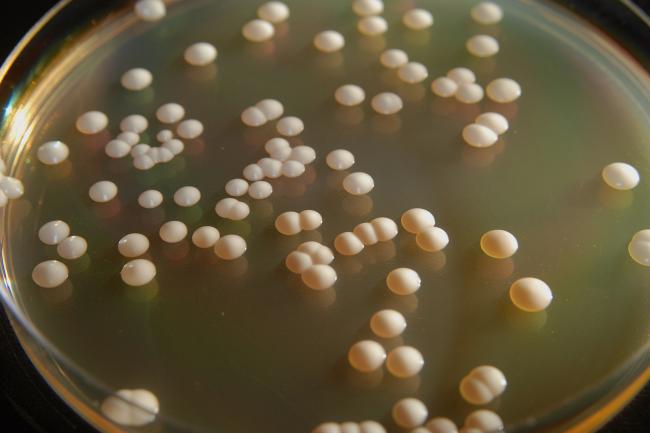
Scientists one step closer to rewriting world’s first synthetic yeast genome




